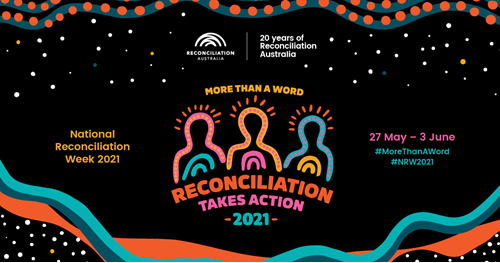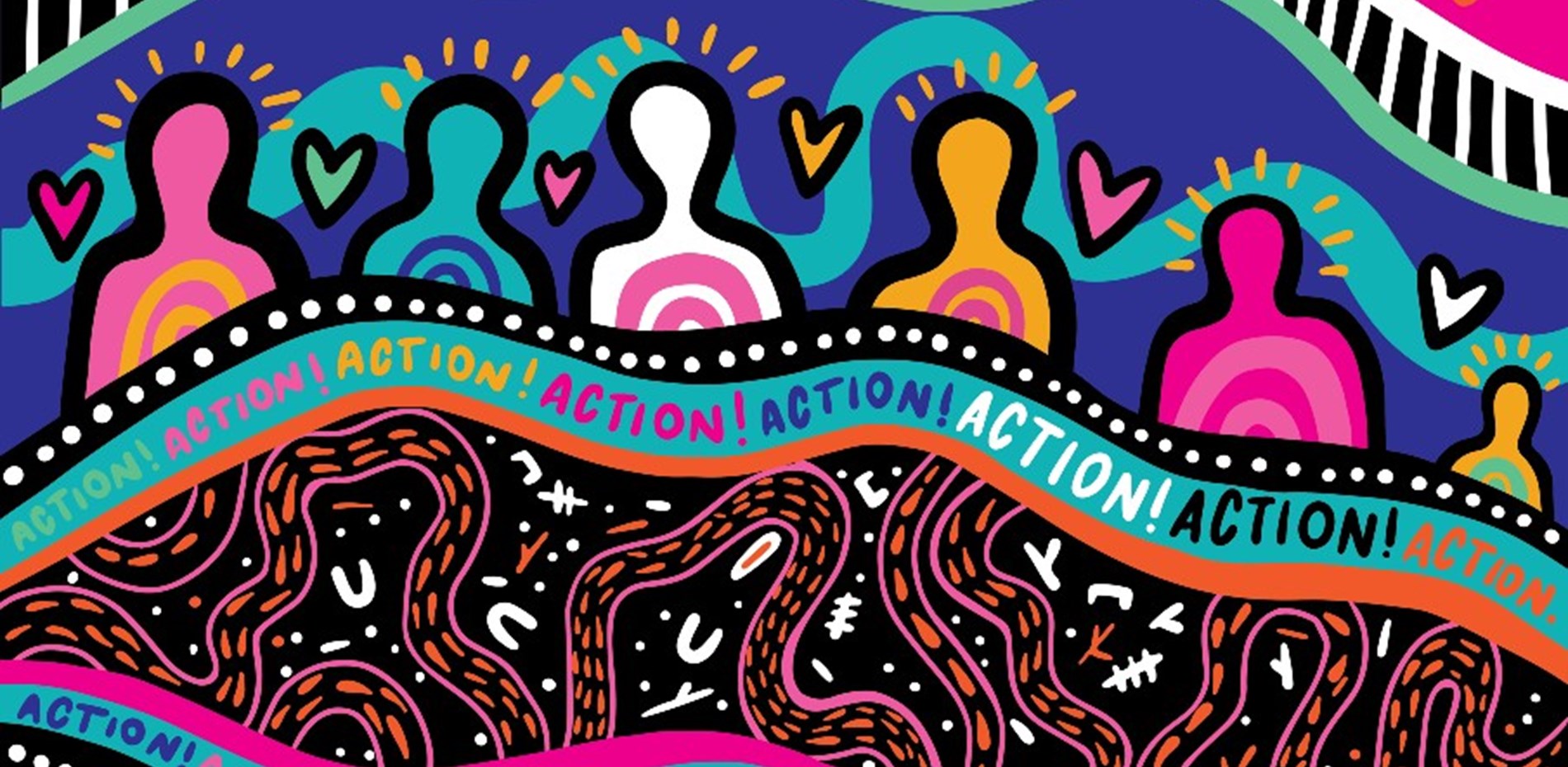Every year we commemorate Sorry Day, however to really do this is an meaningful way we should understand what Sorry Day actually is.
So what is Sorry Day? Sorry Day is commemorated every May 26 every year. It is a very significant day for all Australians in particular the First Nations Peoples of our country and precedes Reconciliation Week. Sorry Day is the commemoration of the acknowledgement of some of Australia’s past policies that have had a detrimental effects on First Nations Peoples throughout our history, in particular the forcible removal of Aboriginal and Torres Strait Islander children from their families as a result of them being of both black and white heritage. The thinking at that time was that it was a good thing, but there was also a deliberate attempt to breed out Australia’s First Nations peoples as a race and policies supported the attempt by the government of that day to do this.
The First National Sorry Day was held on May 26 1998. This was exactly a year to the day that a report was tabled in parliament about the removal of Aboriginal and Torres Strait Islander children from their families. The tabled document was called the Bringing Them Home Report, which highlighted the systematic child removal practices that were implemented through various assimilation and protections policies from the late 19th century through to the 1960’s. In 2021 many First Nations peoples and families are still feeling and experiencing the devastating effects of these past policies due the trauma associated with being separated or being removed from their families and until the Apology by the former Prime Minister Kevin Rudd on February 13, 2008 many First Nations people did not feel that their healing process could begin.
Although the national Apology was monumental in terms of the healing process, 13 years on, many First Nations Peoples continue to commemorate the Stolen Generation in different ways around Australia. It is a time for reflection and acknowledgment that we as a nation understand, remember and need to do better in the future to learn, preserve, promote and respect our First Nations peoples and to understand their culture in ways that are meaningful to us as Australians. We can do this easily by learning, understanding and educating ourselves on our history.
Here is the Link to information on the Bringing them Home Report and a link to the documentary that tells the story of the Report.
SBS outline here 10 things we should know about the National Apology.
The 27 May through to the 03 June is Reconciliation Week. There are many events in Canberra that you can participate in that reflect the National Reconciliation Week 2021 theme More than a word. Reconciliation takes action, urges the reconciliation movement towards braver and more impactful action.




